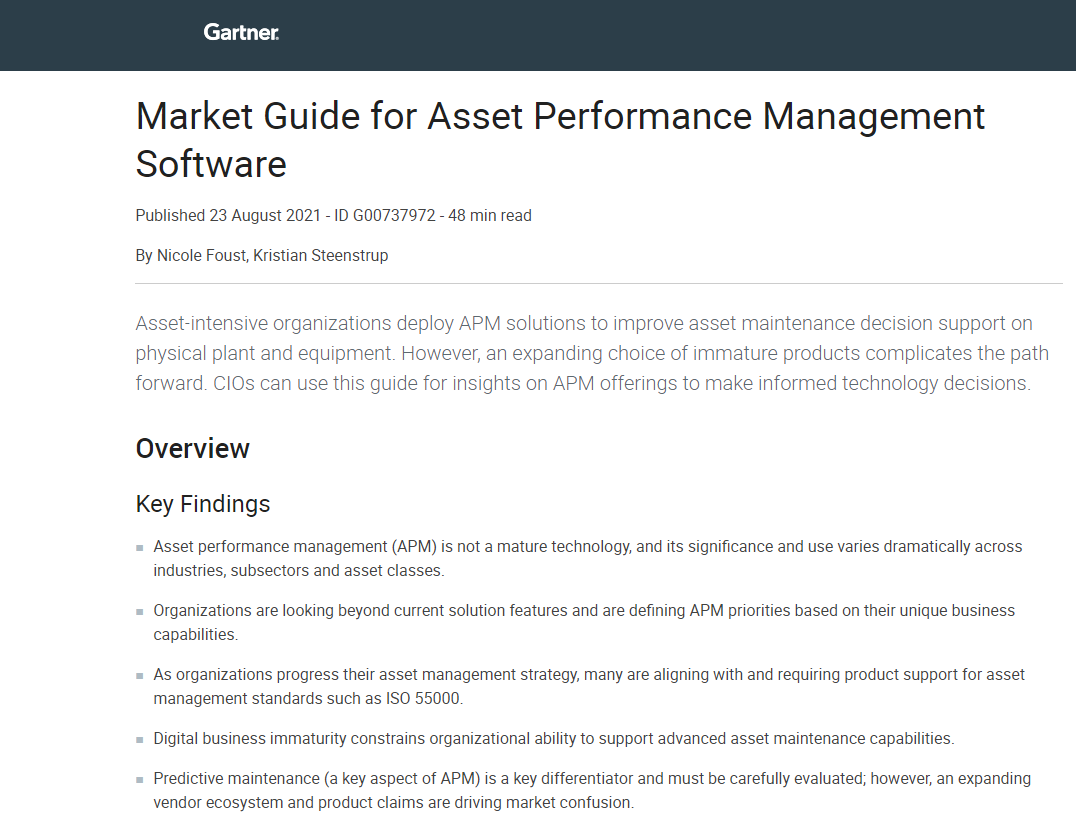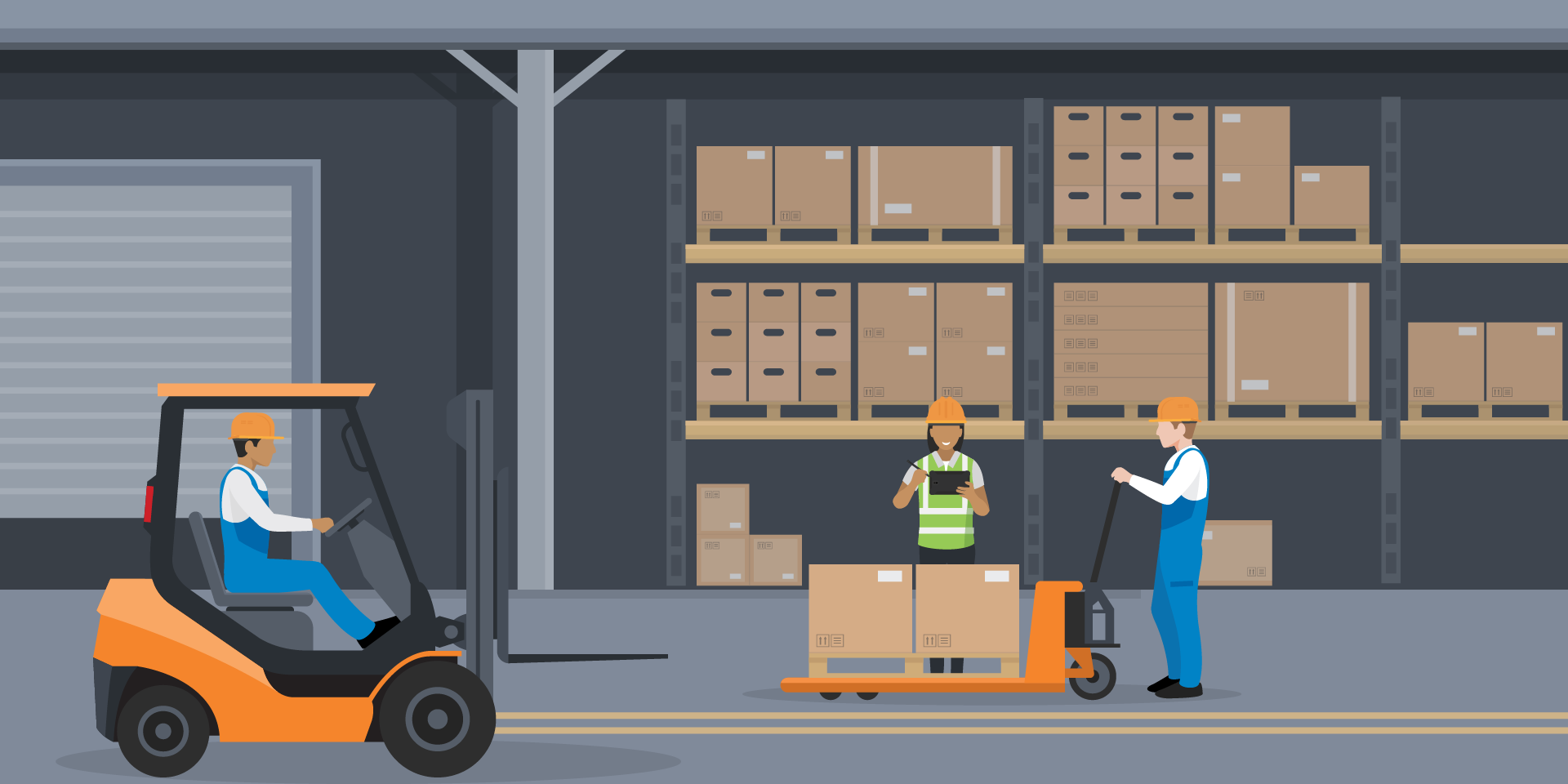Local domains for local people
Will new top level domains, including .London, bring order or chaos to the net?

Inside the enterprise: "This is a local shop for local people. Nothing to see here." That's a catchphrase from TV comedy The League of Gentlemen, and was a send-up of all that is parochial about English towns.
But if Royston Vasey - the fictitious village where the League of Gentlemen was set - was for local people, how would that sentiment translate to the internet? A new series of top level domains (TLDs), is posing the question of how local is local enough.
The new TLDs, which include .London, are now in a "sunrise" registration period. This means brand owners can secure their trademarks under the new domain, before registration opens to potentially any internet user.
Internet watchers have suggested iconic brands will want to secure their .London domain. Harrods.London has been mooted. But this is where localism, and the global reach of the internet, collide.
Harrods bills itself as "Harrods of Knightsbridge" rather than of London. But .Knightsbridge is not yet available as a TLD. Nor are other districts of London, or other large cities. A domain such as .Soho or .City could appeal; .Chelsea might have as much resonance with football fans as with fashionistas.
This is where localism, and the global reach of the internet, collide.
Interestingly, Harrods does not actually use a .co.uk domain. Rather it, and a host of other iconic British brands, use .com. Much of this is to do with creating a global presence. Some of it is to do with search engine positioning. And, at least in part, companies have been forced to register their dot com domains to stop others from doing so. And if you own it, it makes sense to use it.
This also raises the issue of cost. A proliferation of TLDs means more costs, in registration fees, and more time and effort for businesses in managing their online identities. Recent TLDs, such as .xxx, may be ones that can be ignored by most mainstream organisations. But city-level domains are another matter. Brand and business owners may feel obliged to register them, and absorb the expense.
Get the ITPro daily newsletter
Sign up today and you will receive a free copy of our Future Focus 2025 report - the leading guidance on AI, cybersecurity and other IT challenges as per 700+ senior executives
The other question is whether more local TLDs really help customers find businesses, or whether it is really a way of putting extra domains into the market.
At the moment, new TLDs such as .London and .Scotland are too broad to help people find a business close to them. And if the business is global, search engines will find it anyway. A more local system, based around a recognised system of sub-domains, could be more effective.
The public sector has already gone a way down this road, with its subdomain system for local government and schools. This, at least, makes it easy to find the right school, housing department, or local tip from what could be a confusing number of online search results. But it also makes it clear that you are searching for, say, Richmond, Surrey, rather than Richmond, Virginia.
Perhaps shop.roystonvasey.co.uk could be the way forward. But only for local people, of course.
Stephen Pritchard is contributing editor at IT Pro.
-
 Why keeping track of AI assistants can be a tricky business
Why keeping track of AI assistants can be a tricky businessColumn Making the most of AI assistants means understanding what they can do – and what the workforce wants from them
By Stephen Pritchard
-
 Nvidia braces for a $5.5 billion hit as tariffs reach the semiconductor industry
Nvidia braces for a $5.5 billion hit as tariffs reach the semiconductor industryNews The chipmaker says its H20 chips need a special license as its share price plummets
By Bobby Hellard
-
 IDC: The business value of IBM Maximo
IDC: The business value of IBM MaximoWhitepaper Integral to the transformation of asset management
By ITPro
-
 How to choose APM software for your business
How to choose APM software for your businessWhitepaper A market guide to Asset Management Performance software
By ITPro
-
 Scandal-hit Toshiba to split into three companies
Scandal-hit Toshiba to split into three companiesNews The troubled Japanese giant aims to create more value for investors with "attractive" business separation
By Bobby Hellard
-
 Tektronix updates its asset management software
Tektronix updates its asset management softwareNews CalWeb gains four new capabilities surrounding test and measurement equipment calibration
By Praharsha Anand
-
 Oracle Utilities partners with Veracity and Triniti to streamline utilities’ digital transformation
Oracle Utilities partners with Veracity and Triniti to streamline utilities’ digital transformationNews The trio will join forces to enhance utilities’ critical infrastructure and processes
By Praharsha Anand
-
 The definitive guide to warehouse efficiency
The definitive guide to warehouse efficiencyWhitepaper Get your free guide to creating efficiencies in the warehouse
By ITPro
-
 Atera raises $77 million for its all-in-one SaaS
Atera raises $77 million for its all-in-one SaaSNews RMM by Atera helps MSPs monitor and manage remote IT networks with ease
By Praharsha Anand
-
 Rockwell and Kezzler join forces to enhance supply chain visibility
Rockwell and Kezzler join forces to enhance supply chain visibilityNews New track-and-trace platform helps manufacturers monitor their products' lifecycles
By Praharsha Anand